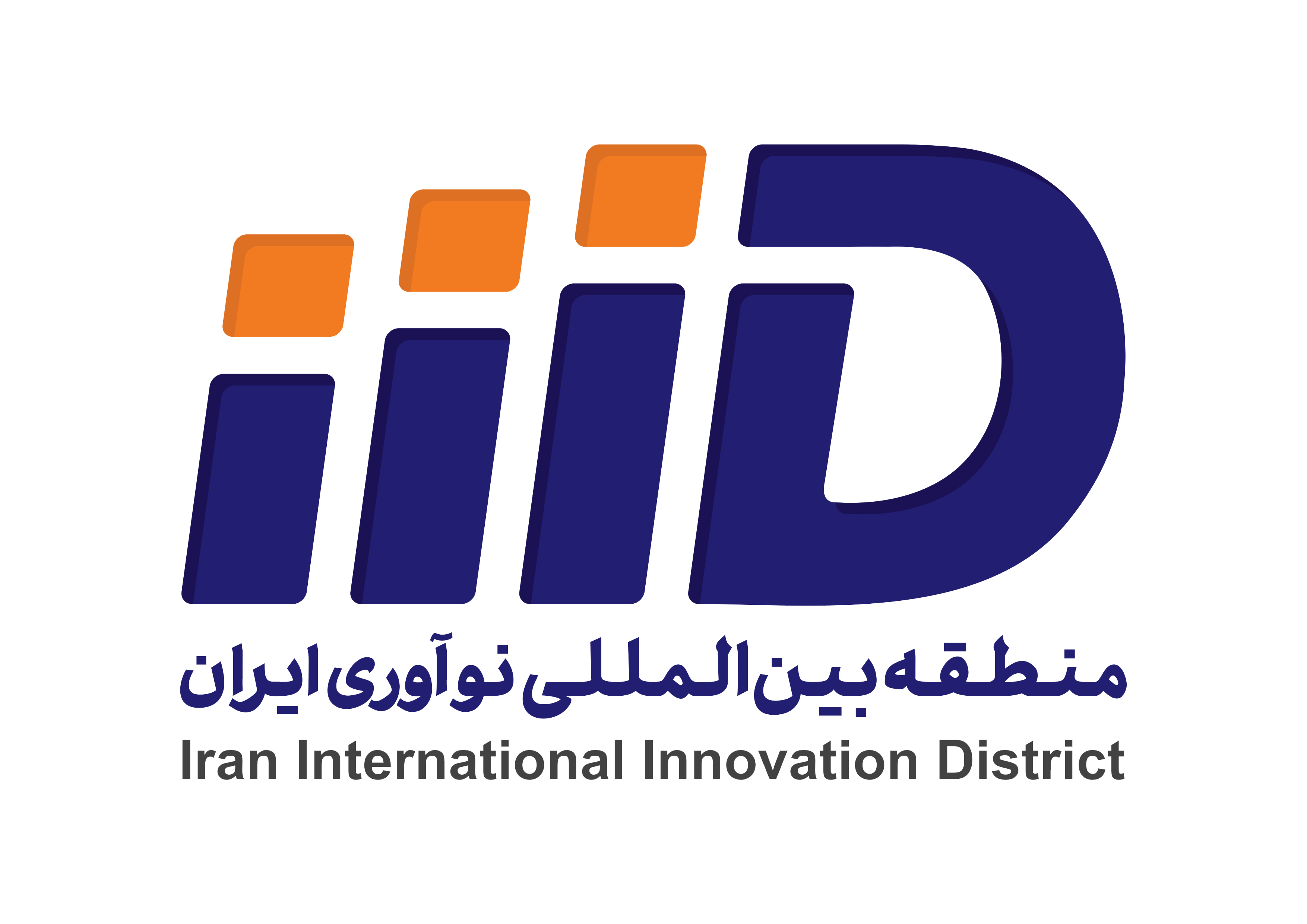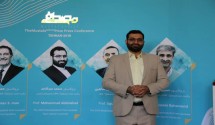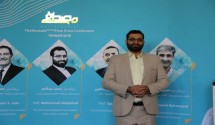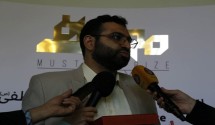By Mustafa Prize Laureate:
Where Bioscience and Engineering Collide: Combating Malignant Diseases the Multidisciplinary Way
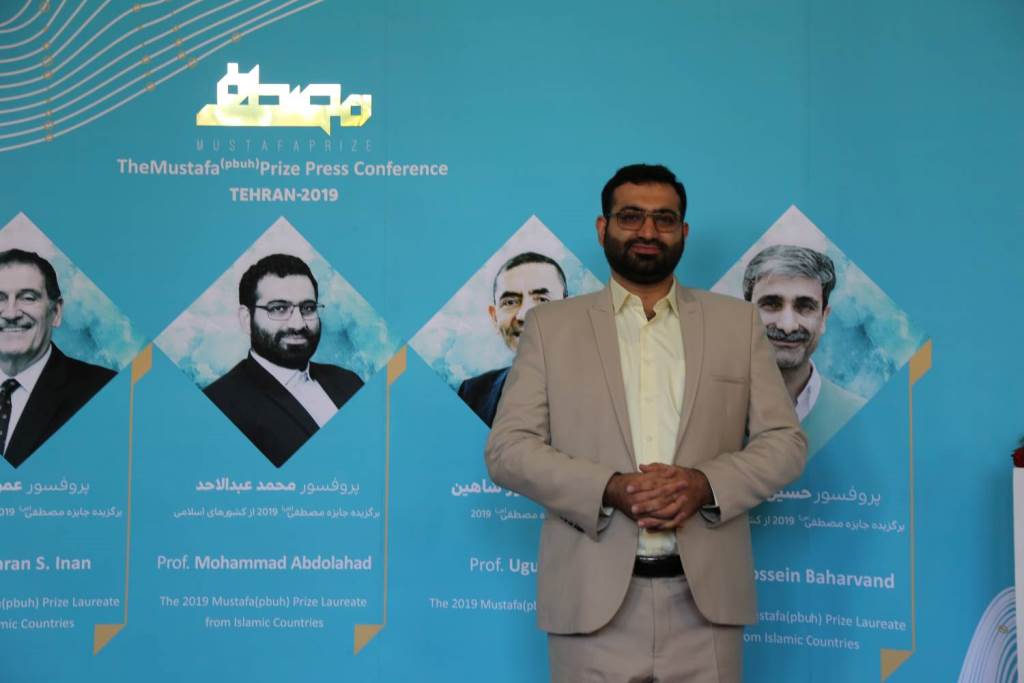
As a Ph.D. student in nanoelectronics engineering at the University of Tehran who was planning to do his thesis in the field of photonics, Mohammad Abdolahad had no idea he would gain huge success by coming up with novel approaches to diagnose cancer in the near future. However, upon the circumstances, he came upon the biological science of cancer with the translation of electronics which he found an interesting field of research. In 2019, he won the Mustafa Prize for “Translating the Behavior of Healthy and Cancerous Cells into the Electronic Field (New Methods in Diagnosis of Cancer)” along with many other honors and awards.
Now, an associate professor of electrical engineering at the University of Tehran, Abdolahad’s study is mainly focused on cancer. He has vastly contributed to the application of his field of study in real life. He has received multiple US patents for many of his inventions in recent years. Along with his team, Abdolahad has invented CDP (Cancer Diagnostic Probe) which is a real-time diagnostic system used as a complementary tool, along with Frozen and Permanent pathologies, to detect high-risk cancer cells in the internal margins of patients undergoing breast cancer surgery.
Another invention of Abdolahad is the Impedimetric Tumor Detection Probe (ITDP) which can diagnose Borderline breast diseases (BBD). These diseases are a group of conditions not completely malignant but still concerning. Furthermore, Blood ROS Sensor (BROSS) is a real-time electrochemical assay on unprocessed blood, designed by Abdolahad’s team to detect the presence of cancer in patients. This system has been based on the recently approved pathway which indicates that the abundance of immature and mature low-density neutrophils (LDNs) with reduced ROS production in peripheral blood is increased with the presence of active cancer tumors. He received a US patent for “Electrochemical Probe for Cancer Diagnosis” in 2021.
Abdolahad also invented Positive Electrostatic Charge Therapy (PECT), which is effective in repressing the growth of cancerous cells without affecting the normal tissue. Abdolahad has gained the following US patents for his innovative approaches to cancer in 2020 and 2021: “Electromechanical Approach for Cancer Detection,” “Isolation and Detection of Circulating Tumor Cells (CTCs),” “Electrochemical Method and Device for Detecting the Effect of Anticancer Drugs,” “Real-Time and Label Free Analyzer for In-Vitro and In-Vivo Detection of Cancer,” and “Method and System for Metastasis Diagnosis and Progress” “Ultrasound-Assisted Electrochemical Distinction of Normal and Cancerous Cells”.
RDSS (ROS Detector in Sputum Sample) is another invention of Abdolahad and his team. A timely invention in 2020 amid the worldwide struggle with the COVID-19, RDSS is a system for the immediate detection of Reactive Oxygen Species (ROS) in sputum samples, employing an electrochemical sensor. These sensors include ROS-sensitive nanostructures. This device can detect increased ROS levels due to immune cells (NK, T-cells, Neutrophils) activation in the respiratory system of patients with respiratory inflammations such as COVID-19, acute non-treated asthma, severe bronchitis, allergies, COPD or tuberculosis (TB). He received a US patent for “Electrochemical Approach for COVID-19 Detection” in 2020.
Abdolahad also came up with another method for diagnosing COVID-19 infection. The method includes drawing a blood sample from a person suspected to be infected with COVID-19 virus, separating a blood serum sample from the blood sample and determining the level of cytokines in the blood serum. He received a US patent for this invention in 2021. Abdolahad also found an apparatus for in-vivo measuring of H2O2 oxidation within a living tissue which won him another US patent in 2021. Moreover, he invented a method for in-situ generation of microbubbles for ultrasonic biomedical applications for which he was granted a US patent in 2021.
Abdolahad describes his field of research as “fighting cancer with the assist of electronics in terms of diagnostics, from science to product.” In fact, he is working at the intersection of diverse scientific disciplines, a key point where breakthroughs in science often happen. At age 37, it seems he is in the right place at the right time. Abdolahad describes himself as “a person with plenty of questions, someone whose knowledge is always lower than what is needed to tackle his unsolved problems but wants to know more and more”. He says, “I believe in an honest life in which you want to help human beings, regardless of their religion or race.”
Quick Access

Address: Pardis Technology Park, 20th km of Damavand Road (Main Stresst), Tehran I.R. Iran.
Postal Code: 1657163871

Tel: 76250250 _ 021

Fax: 76250100 _ 021
E-mail: info@techpark.ir

website:iiid.tech
